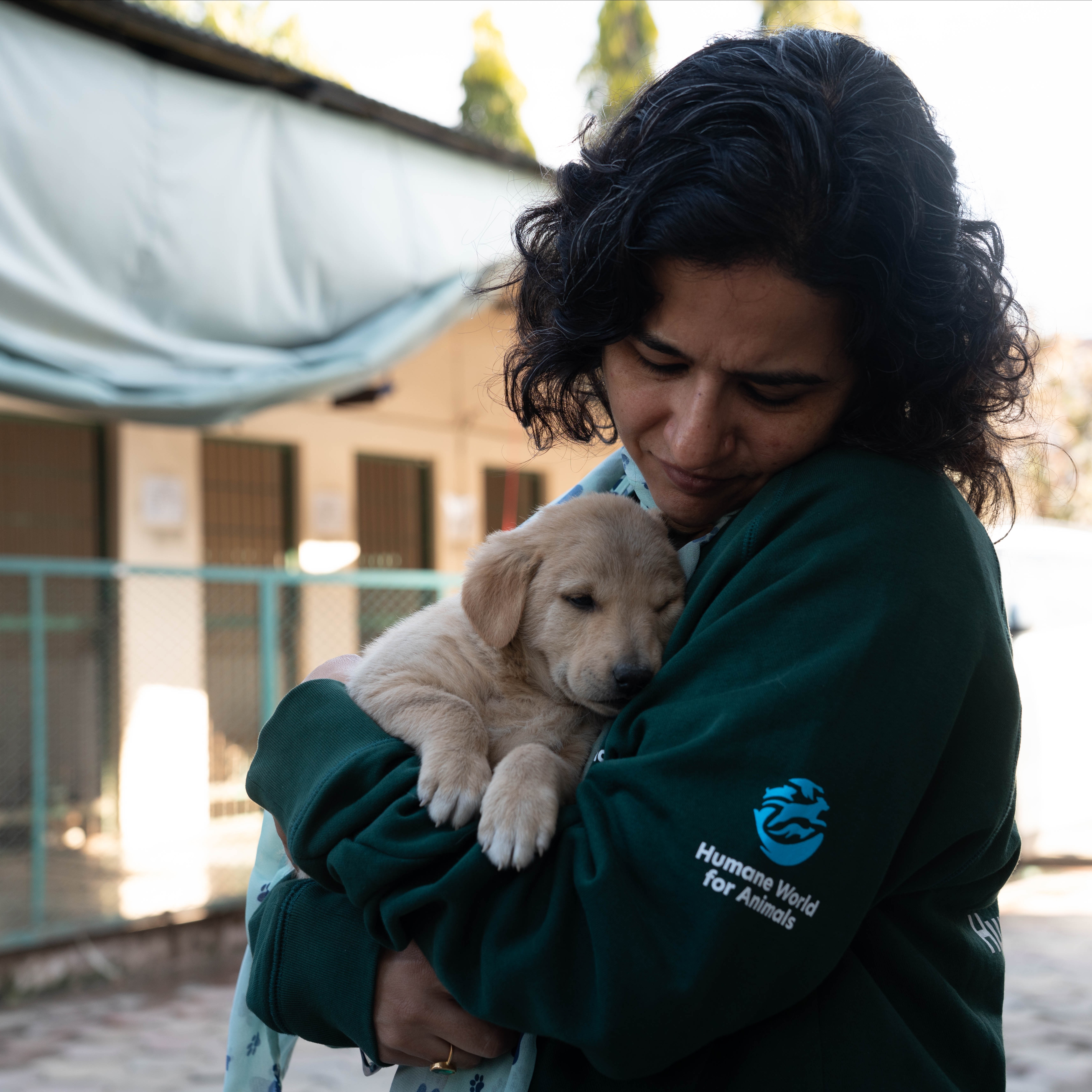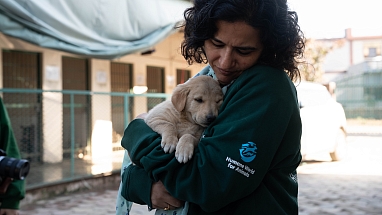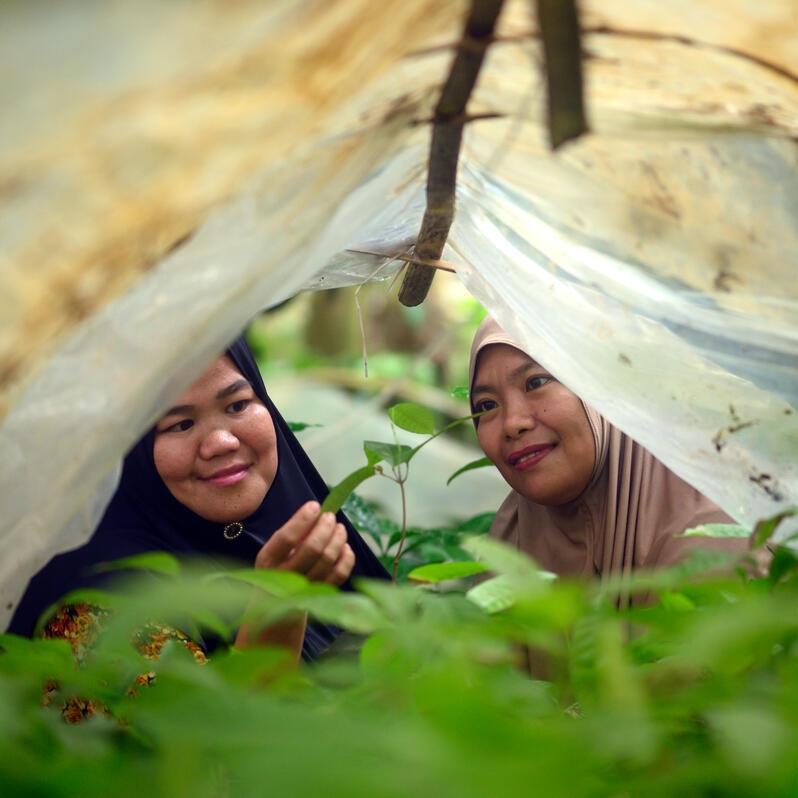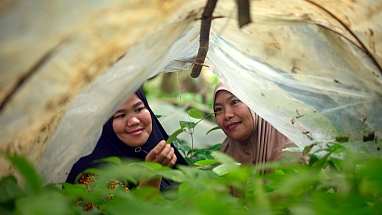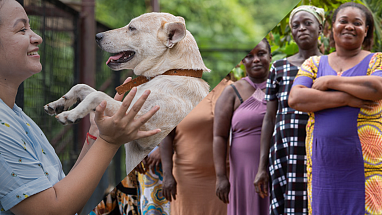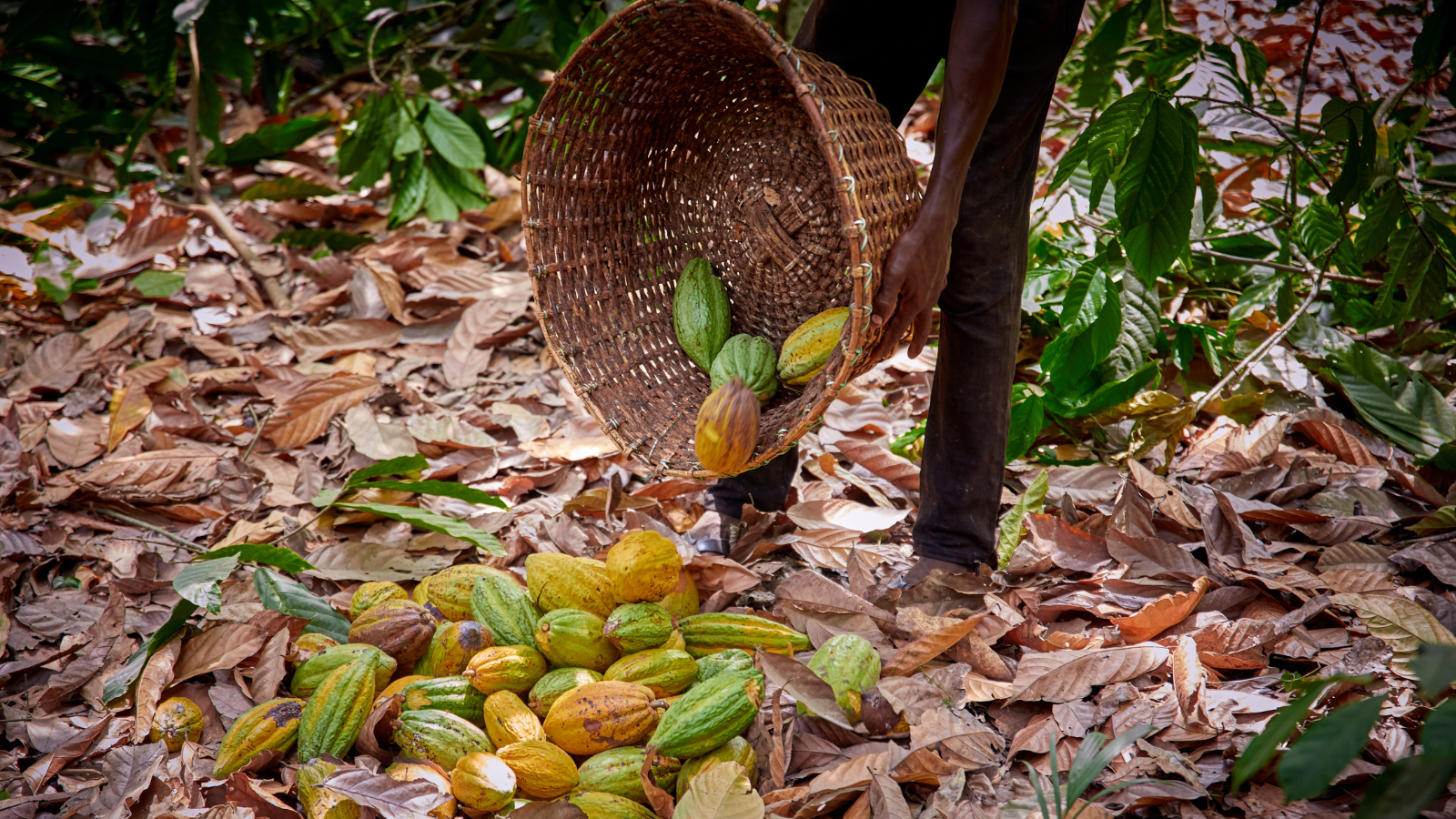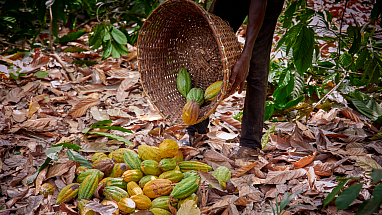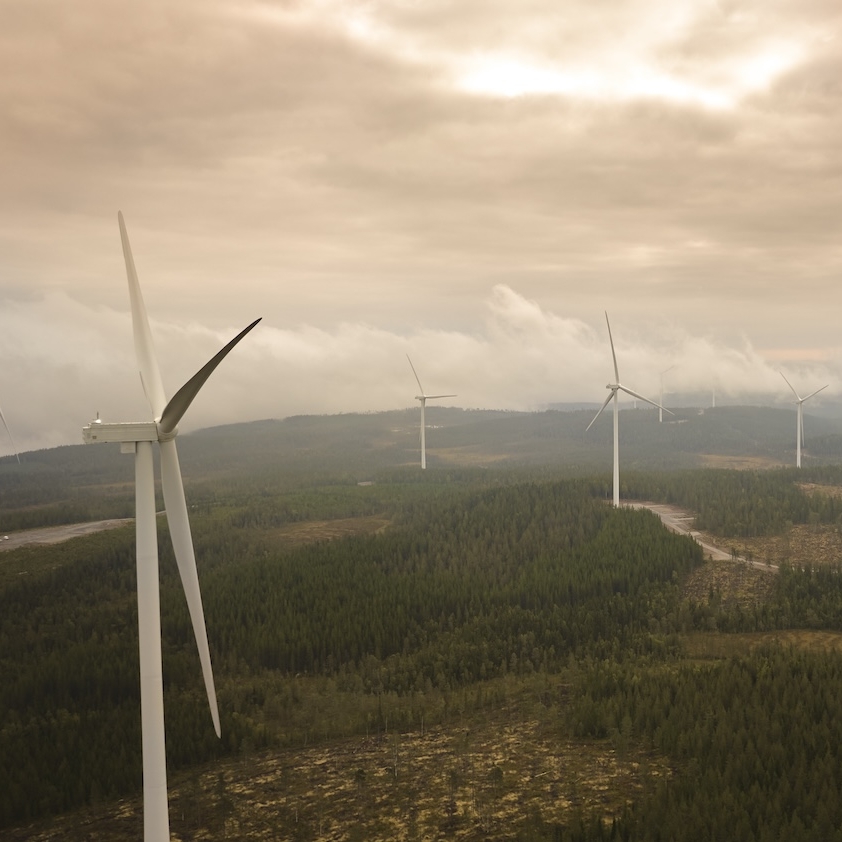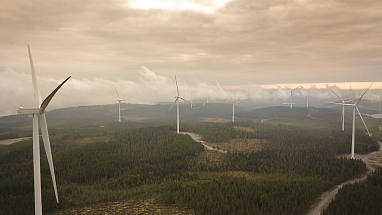Rice Reimagined: How our Associate Inge Jacobs is helping us advance sustainable rice farming for a greener future
Rice plays an important role in the world’s diet and economic prosperity. Over 4 billion people around the world eat rice as a staple part of their diet and it provides income to around 19% of the world’s population. However, rice is extremely susceptible to the impacts of climate change. Every year, rice production suffers due to extreme weather conditions, water shortages and more. As climate change intensifies, these challenges become more severe.
Did you know traditional and non-sustainable rice farming practices account for up to 10% of global greenhouse gas (GHG) emissions?
We believe healthy food shouldn’t come at the expense of the planet and must be sustainably produced for future generations. As owners of one of the world’s biggest and best-loved rice brands—Ben’s Original™—rice is a critical raw material for us. We’re partnering with our suppliers and the farmers who produce our rice to adopt climate smart practices and transforming our supply chain as part of our commitments to net zero.
How are we doing, overall? Across Mars, with all of our net zero work, by the end of 2023, we have reduced absolute GHG emissions by 16% across our value chain since 2015 while growing our business more than 60%.
Our Sustainable in a Generation Plan focuses on helping shape a future with a healthier planet, thriving people and pets and a more inclusive society. In the world we want tomorrow, the planet is healthy, which is why we have a goal to cut carbon emissions by half by 2030 and be Net Zero by 2050 and to reduce unsustainable water use by 50% by 2025.
Let’s meet Inge Jacobs, one of our Associates at the forefront of our rice sustainability work.
Inge is the global sustainable sourcing lead in our Mars Food & Nutrition business. Inge is passionate about transforming rice farming practices to reduce environmental impact and support local farmers. Here, we dive into her story, her motivations and the ways in which her work supports our overall journey toward net zero by 2050.
Q: Can you tell us about your role and what your day-to-day looks like?
Inge Jacobs: I work very closely with the buyers of our raw materials and ingredients to map what we buy and where we buy it. This then helps us understand what our environmental footprint is and helps us decide what actions to take in order to source our ingredients in a more responsible and sustainable way.
Q: Talk to us about where purchasing rice meets sustainability.
Inge Jacobs: At Mars, we buy a variety of ingredients, including rice. When we source these ingredients, we aim to do so in a way that minimizes negative impacts on the planet and the people who grow our rice. We work closely with farmers and suppliers to ensure they use practices that do not harm the environment.
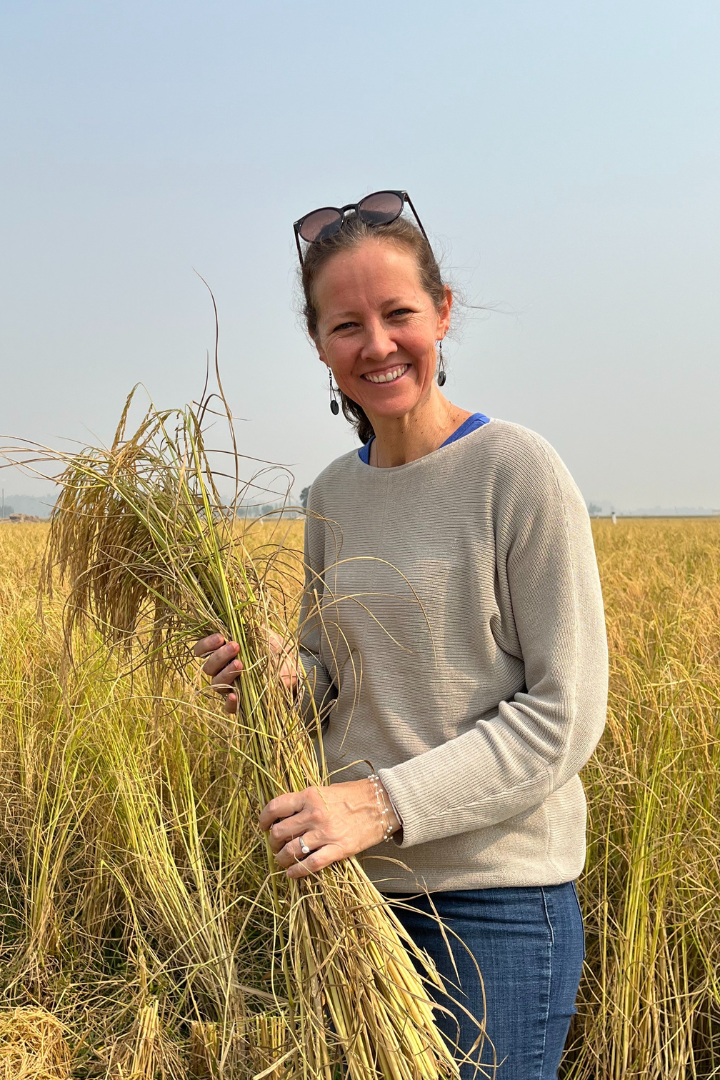
If we want to have a positive societal impact, we need to scale our efforts beyond our own supply chains.
Q: What are some of the practices that can help lower the emissions of the ingredients you use in your products?
Inge Jacobs: One of those practices is Alternate Wetting and Drying. Traditional rice farming involves flooding the fields, which creates an environment where bacteria produce methane, a potent greenhouse gas. Through our partners on the ground, we are teaching farmers to use the alternate wetting and drying technique. This involves periodically draining the water from the fields, which reduces both methane emissions and water usage without harming the rice yields.
Q: What do you find most fulfilling about your work?
Inge Jacobs: I love working hand-in-hand with our sourcing teams to embed sustainability in our business processes. I aim to make sustainability part of everyone's job, which I believe will lead to more responsible and sustainable supply chains. Also, seeing farmers adopt new techniques that benefit the environment and improve their livelihoods is very rewarding – it gives me a lot of energy and satisfaction.

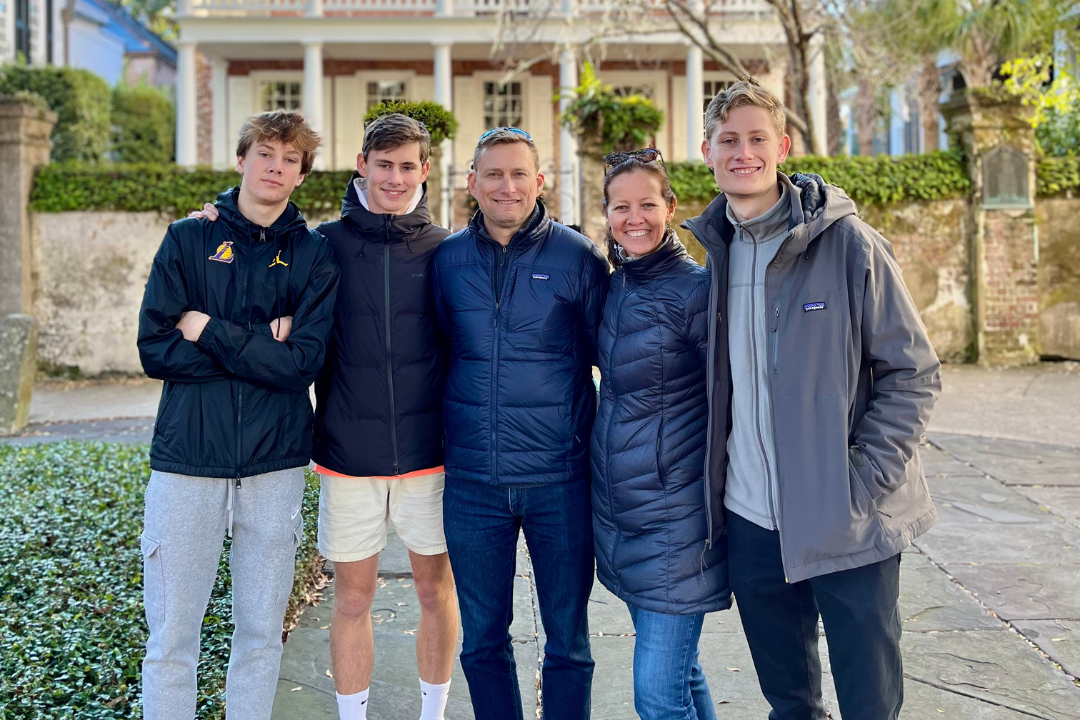
Q: How has your work in sustainability influenced your personal life?
Inge Jacobs: Apart from being much more aware and conscious about the environmental and social impact of the products I choose to buy for my own consumption, I love being outside enjoying the beauty of nature. My family and I go for long hikes in forests or swim in lakes where we can. Plus, traveling and discovering new supply chains, cultures and people through my job has been incredibly energizing and has confirmed time and again why I want to keep working in sustainability.
Q: Can you talk about the value of partnerships between Mars and others in promoting sustainable rice farming?
Inge Jacobs: I am a true believer in partnerships. If we want to have a positive societal impact, we need to scale our efforts beyond our own supply chains. By being part of the Sustainable Rice Platform for example, we can inspire others to grow rice more sustainably. This collaboration helps us use our knowledge to bring people together for the benefit of the planet and the people who grow our raw materials.
Inge’s dedication and leadership in our sustainability efforts in rice highlight our commitment to a healthier planet. By integrating sustainable farming solutions into our operations and inspiring others, we’re committed to making significant strides toward our targets.




